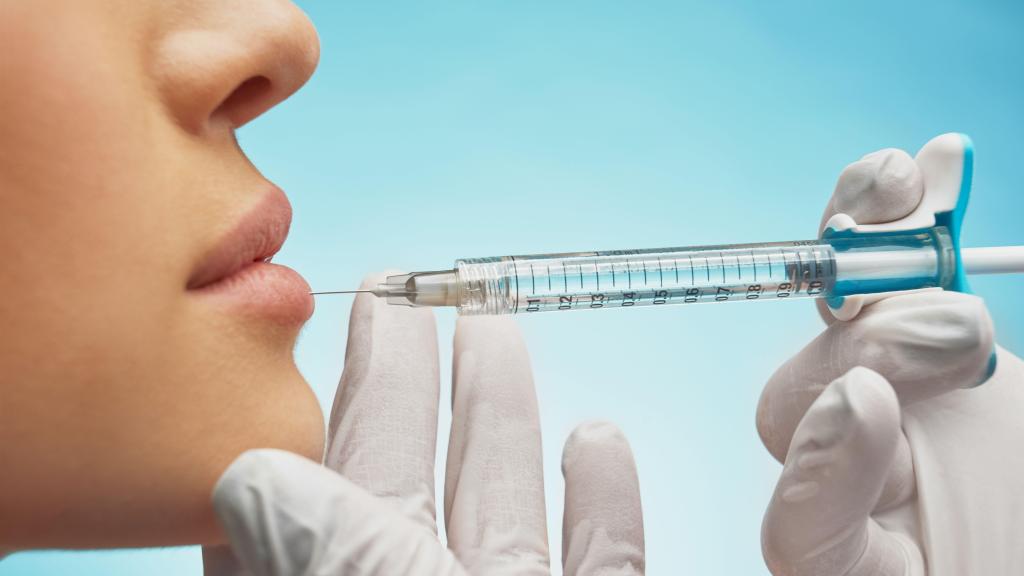Patients Returning from Overseas Cosmetic Surgery Bring Superbugs to the UK
British patients who seek affordable cosmetic surgery abroad are returning with alarming superbugs, according to nursing professionals.
Some NHS facilities reported a significant 30% increase in infections caused by antibiotic-resistant bacteria, following patients’ return from overseas surgeries.
NHS nurses highlighted severe complications over the last two years, including horrific wounds, infections, sepsis, and even fatalities that resulted from surgeries performed overseas. They suggested that foreign medical clinics should be held financially accountable when complications arise.
Facing long wait times for NHS treatments and high costs in private facilities, thousands of British patients are opting to travel abroad, particularly to Turkey and Eastern Europe.
Common procedures sought include weight-loss surgery, breast enhancements, and Brazilian butt lifts (BBLs). Many clinics promote “package deals” involving multiple procedures, which can increase risks.
Health Secretary Wes Streeting urged individuals to carefully consider the risks of seeking surgery abroad, emphasizing that the NHS often has to manage the repercussions of these decisions.
Concerns over Infection Risks
The annual conference of the Royal College of Nursing revealed that marketing for major surgeries, such as gastric bypass procedures, often pairs them with “luxury holiday packages.”
Infection control standards in non-EU countries frequently fall short of the stringent measures implemented in the UK, where operating rooms are routinely inspected, and surgeons use sterilized equipment.
Infection control nurse Nykoma Hamilton from Fife noted an uptick in patients returning infected with bacteria resistant to even the most robust antibiotics, known as carbapenems. She expressed concern over the colonization of extensively drug-resistant organisms among returning patients.
Her local NHS facilities reported a nearly 30% rise in the detection of carbapenem-resistant bacteria, which she described as the “absolute granddaddy of resistance.”
Shocking Patient Cases
District nurse Nicola Smith from Slough shared her distressing experiences with patients returning from surgeries abroad. For instance, she treated a young woman following a skin removal procedure post-weight loss. Two weeks post-operation, the patient’s extensive thigh wound was precariously stitched, with dying tissue and sepsis developing.
“It’s truly tragic as this procedure was marketed to her like a holiday package,” Smith said. “She described the luxury hotel but did not mention the pain, infection, and serious complications that arose.”
Smith criticized the lack of aftercare for patients, asserting that no proper health assessments were conducted, leading her to express disbelief that the patient had even made it back to the UK.
Growing Threat of Antibiotic Resistance
Recent statistics from the UK Health Security Agency indicate a 7% rise in antibiotic-resistant infections since before the pandemic, climbing from approximately 62,000 cases in 2019 to nearly 67,000 in 2023.
The British Association of Aesthetic Plastic Surgeons (BAAPS) has cautioned about the risks posed by foreign surgeries, warning that patients may return with multi-drug resistant bacteria that could infect others.
BAAPS research revealed that a majority of patients seeking treatment abroad choose Turkey. A recent inquest highlighted the case of 37-year-old Hayley Dowell, who died shortly after undergoing a tummy tuck, liposuction, and BBL in Istanbul in 2023 after suffering an embolism.

In another tragic case, Kaydell Brown, 38, passed away after paying £5,400 for several surgeries, including a BBL, at a Turkish clinic.
A BMJ report indicates that around 5,000 patients underwent weight-loss surgeries abroad in 2024.




Post Comment